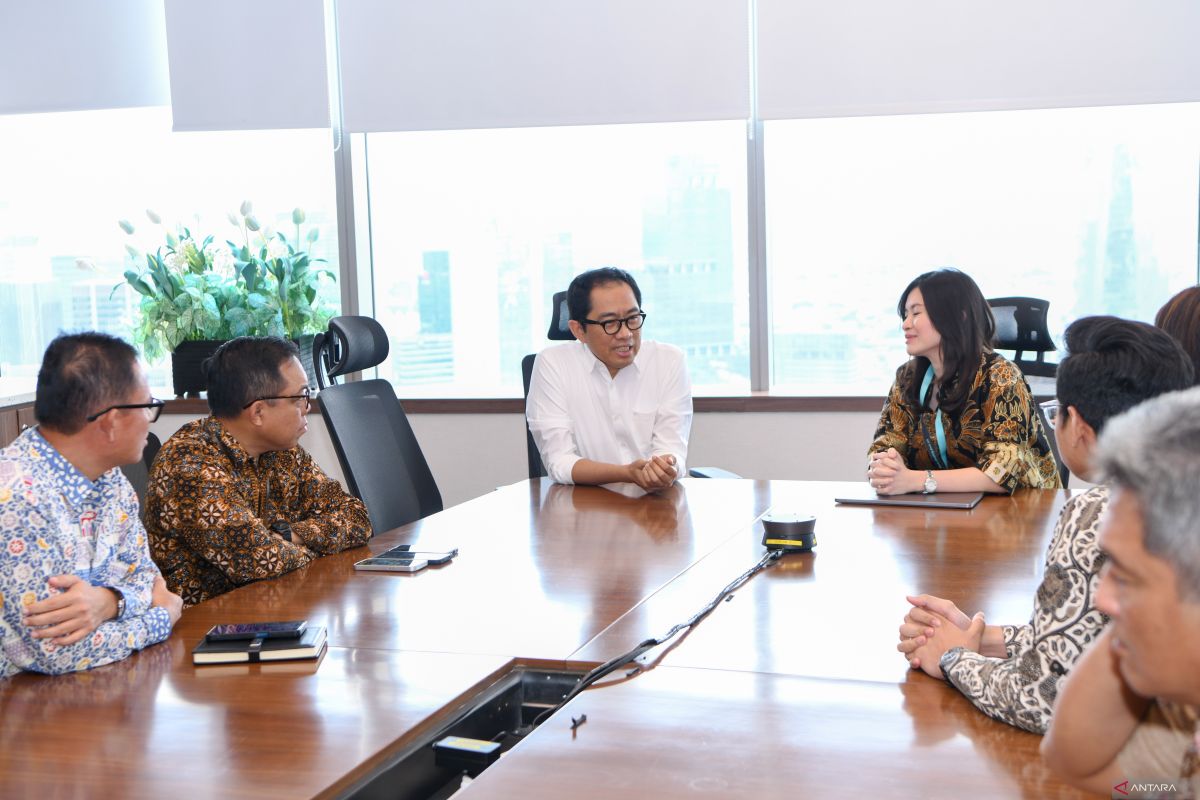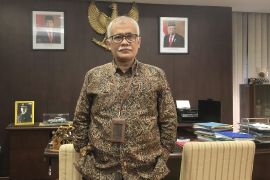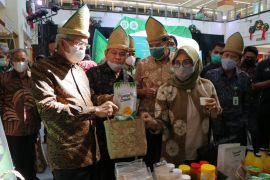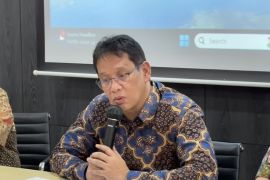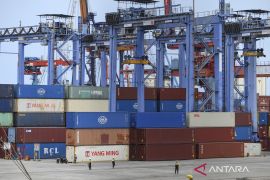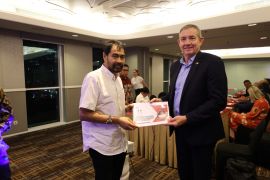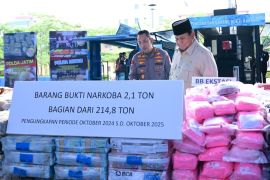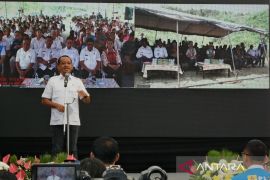He made the statement considering that sales in the marketplace are still dominated by imported products.
"This phenomenon is caused by the visibility of domestic products on various platforms often losing out to similar imported products with cheaper prices," Riza said during a visit to the Tokopedia head office in Jakarta on Wednesday.
He then urged all marketplace providers to increase campaigns for local products, thus providing opportunities for consumers to check out products produced by small and medium industries.
"The quality of our local products is not inferior to imported products. Therefore, the marketplace needs to help the team to check every product sold by tenants," he said.
He also informed that many Indonesian fashion and shoe products have better quality.
"They are products that must have more opportunity to be sold, so the public can gradually change their mindset that imported products are better than local products," he added.
One of the efforts that can be carried out by marketplace providers to boost the sales of local products is including a special "Made in Indonesia" identity on every local product, so that they can be easily recognized by consumers.
In addition, the marketplace, which has been a major player in digital trade, is being encouraged to continue to actively provide assistance related to marketing and branding strategies to SMEs, so that they can produce quality products that are accepted by the community.
Similarly, the National Online Shopping Day (Harbolnas) event is being organized as a form of government effort to encourage people to shop online through the marketplace massively.
"The marketplace needs to assist local producers so they (their products) are of better quality and more competitive in price. The marketplace must also help the government become the vanguard for domestic industrial products digitally," he added.
The deputy minister said he is optimistic that the marketplace will be a catalyst in expanding the reach of local products to domestic consumers, even international ones.
"To that end, the Ministry of Industry and the marketplace can increase synergy through the MoU (memorandum of understanding) to prioritize and provide an identity for the presence of domestic products on these platforms," he added.
Riza also emphasized that online trading through marketplaces in Indonesia has significant potential.
According to the e-CONOMY SEA 2024 report, last year, Indonesia recorded a total gross merchandise value (GMV) of US$90 billion from digital buying and selling transactions, US$65 billion of which came from the marketplace.
This figure is estimated to swell to US$200 billion to US$360 billion by 2030.
"Therefore, the marketplace must be the main showcase for superior local products. This is not just nationalism, but also building a sustainable and globally competitive small and medium industry ecosystem," he added.
Related news: VP underlines need to push productivity, local product use
Related news: Govt asks construction industry to prioritize use of local materials
Related news: Government targets domestic products' use in 95 percent SOE projects
Translator: Bayu Saputra, Yashinta Difa
Editor: Primayanti
Copyright © ANTARA 2025
